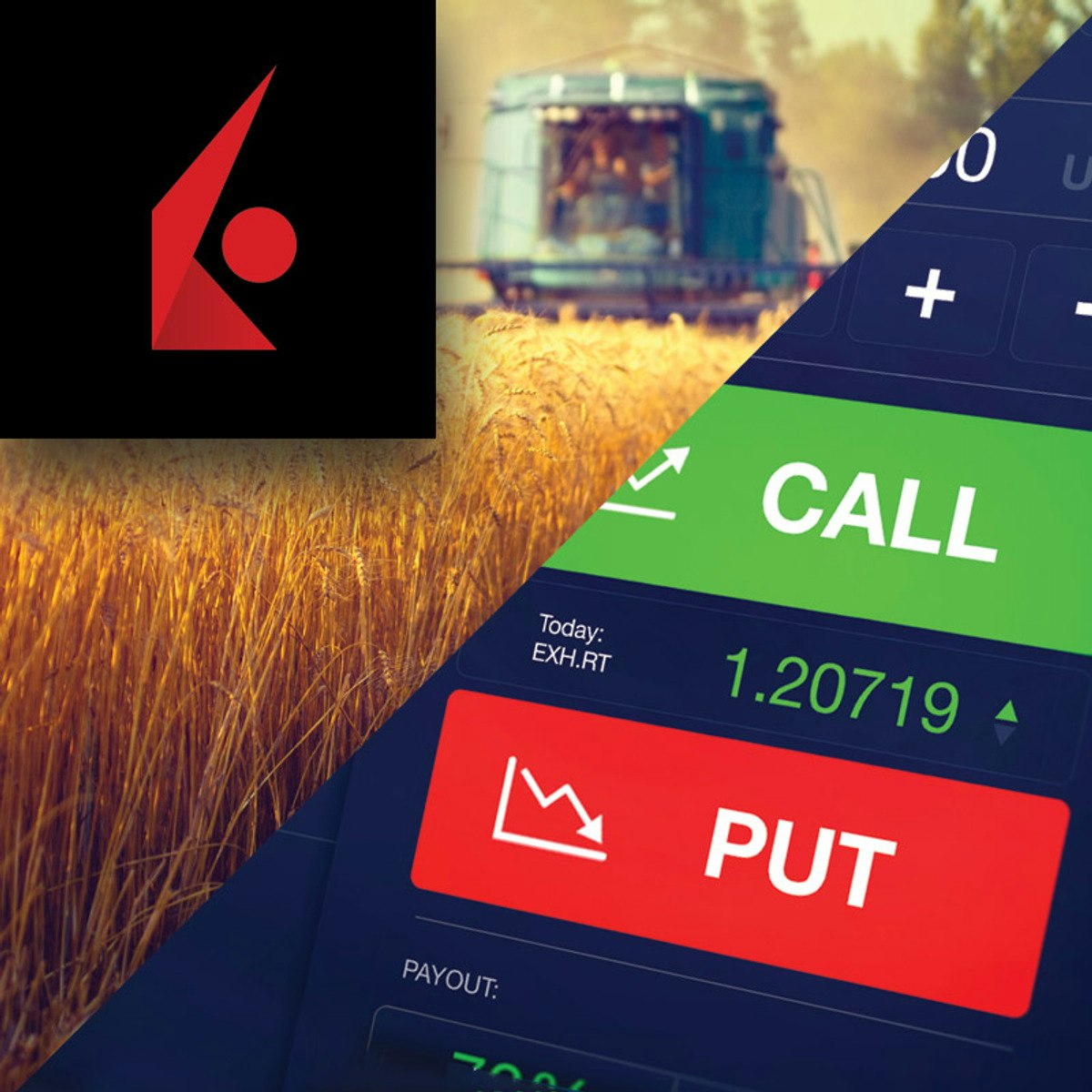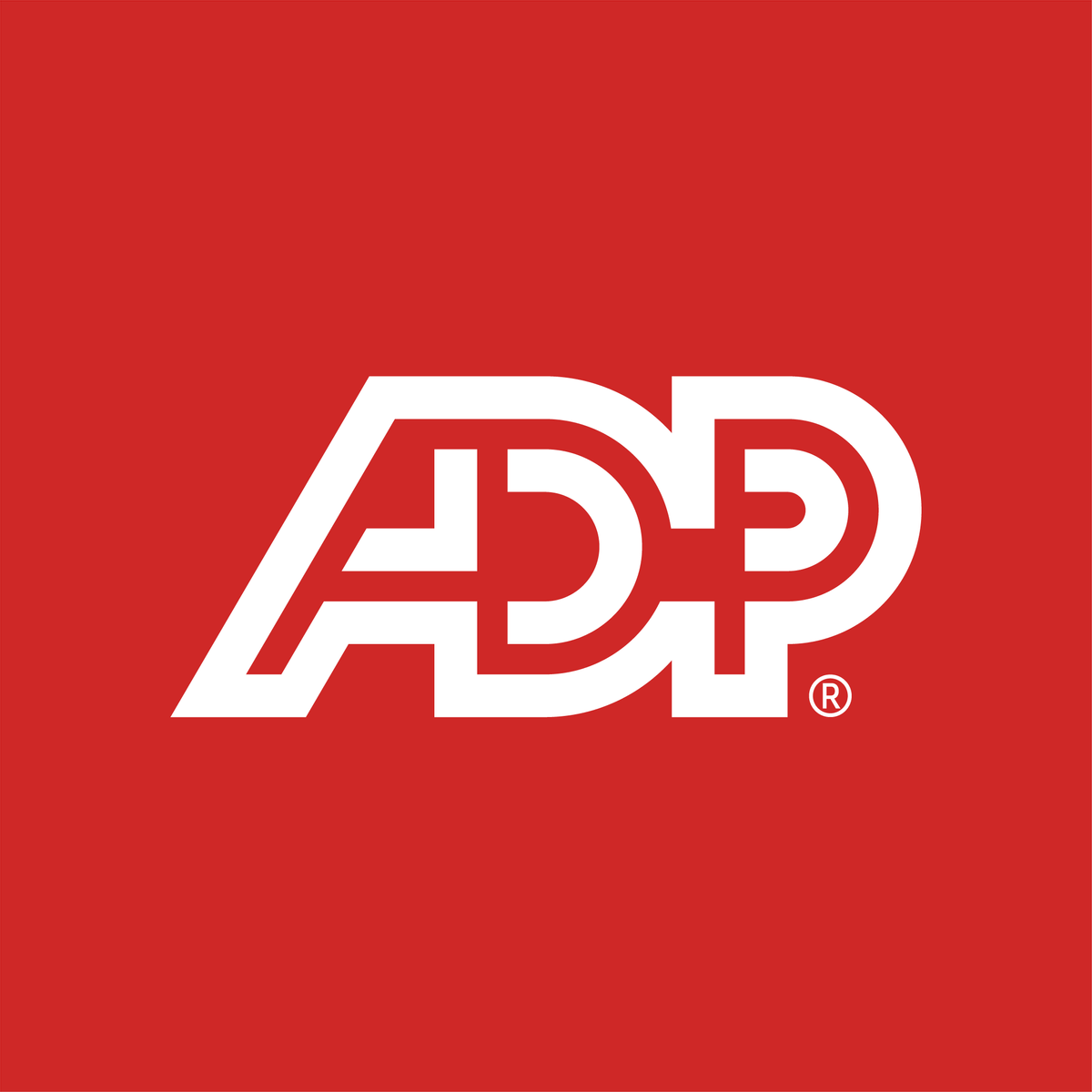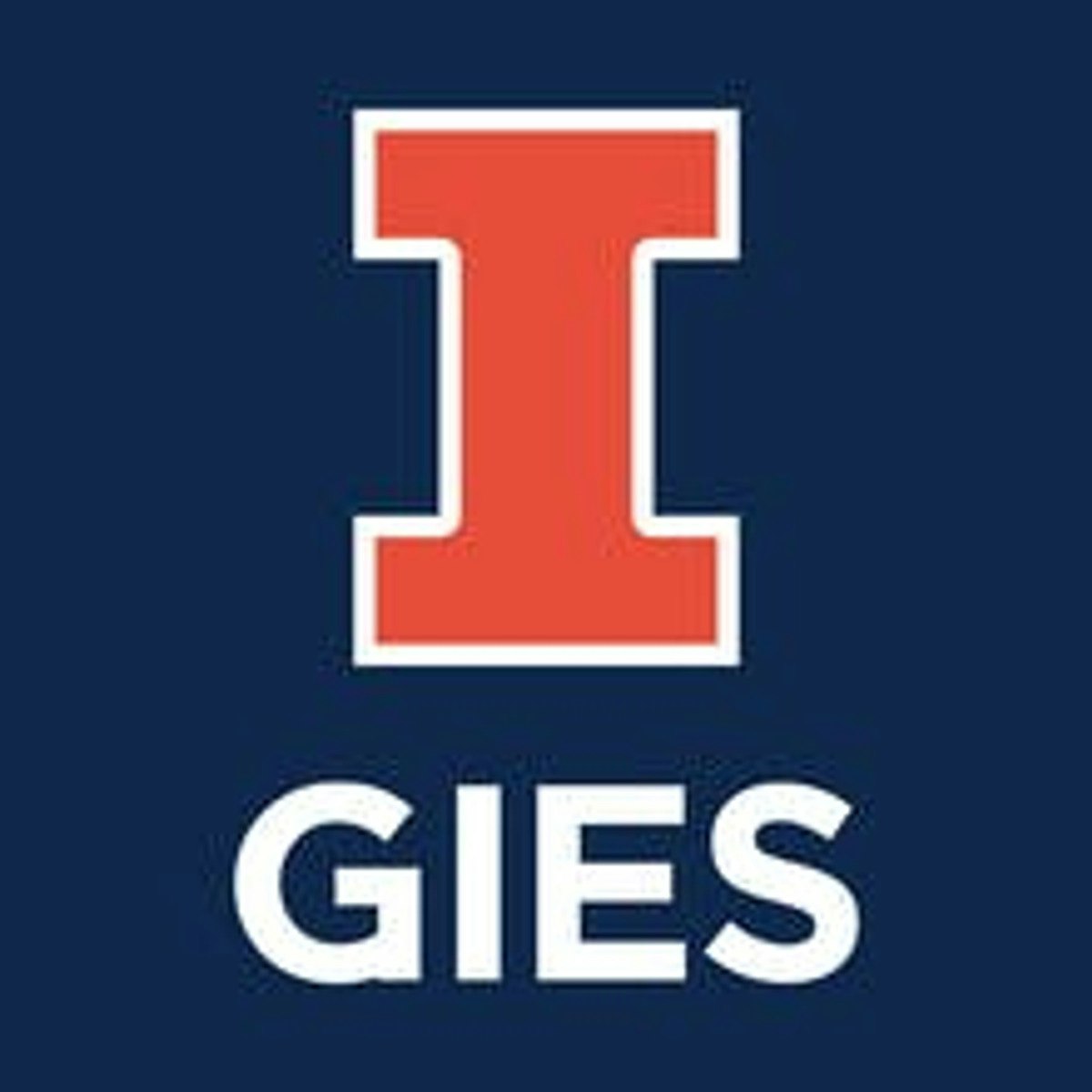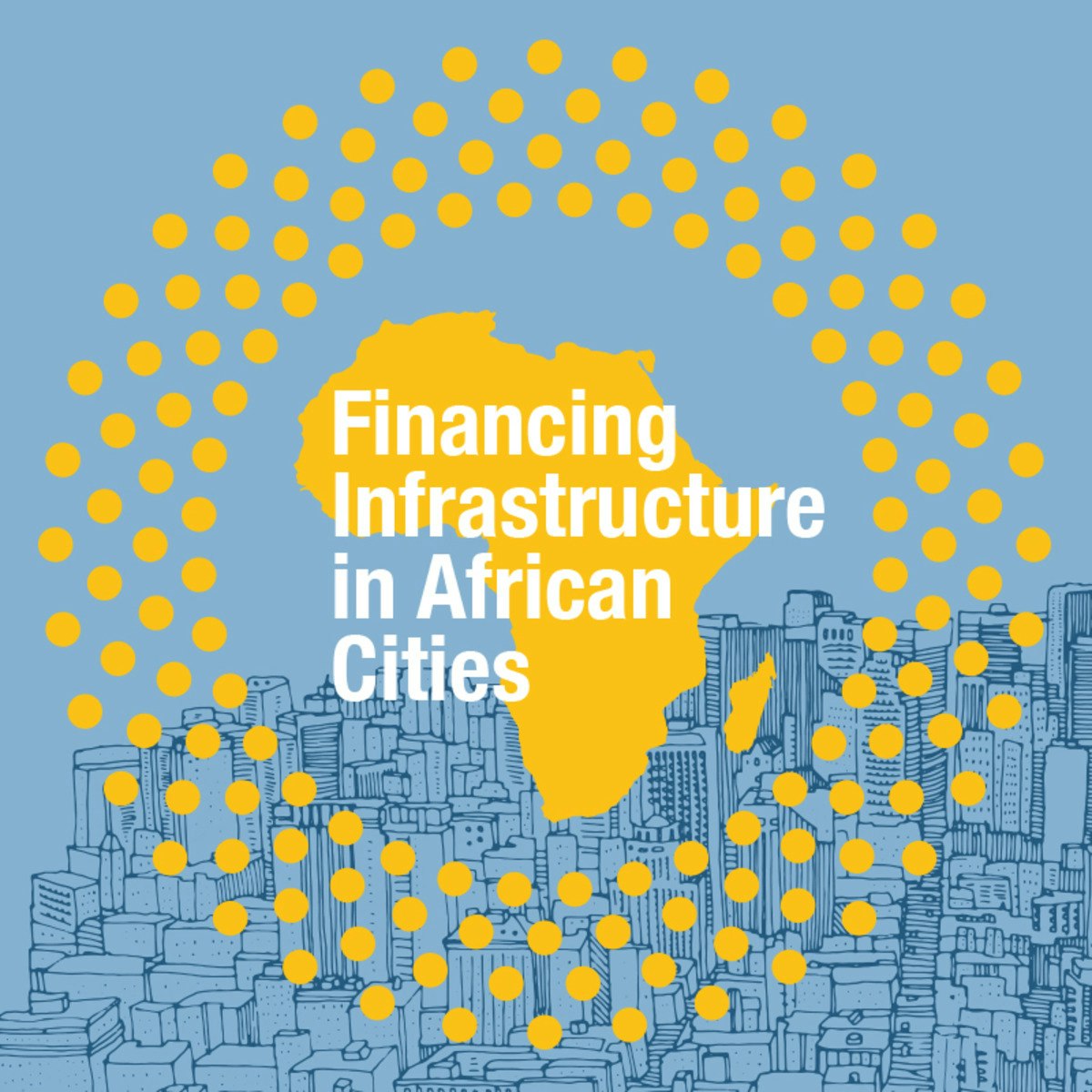Back to Courses









Finance Courses - Page 2
Showing results 11-20 of 270

Derivatives - Options & Futures
While investing and trading in the options market may seem somewhat more daunting than other asset classes such as stocks, bonds, exchange-traded funds, currencies and commodities, you’ll ultimately find that their complexity can be boiled down to simple concepts you’ll be able to understand and use the more you’re exposed to, and have hands-on experience with the material. Our aim is for you to acquire these skills, as well as the know-how, to invest and trade in these often-complex financial instruments.
We'll explore the mechanics of futures market, where we’ll introduce you to some of the risks faced by investors in the futures market, how certain of those risks are mitigated, as well as the difference between spot and forward prices, and contango and backwardation. We’ll also provide you with other insights about the mechanics of trading futures, including the roles of commoditized contracts, as well as margin requirements.
Students may also further their involvement with this material by opening a free demo Trader Workstation Paper Trading account, enabling them to enjoy a hands-on experience in a safe, simulated trading environment, while being fully immersed in the fundamentals that underpin the capital markets.
Options involve risk and are not suitable for all investors. For more information read the Characteristics and Risks of Standardized Options, also known as the options disclosure document (ODD). To receive a copy of the ODD call 312-542-6901 or copy and paste this link into your browser:
http://www.optionsclearing.com/about/publications/character-risks.jsp
Multiple leg strategies, including spreads, will incur multiple commission charges.

ADP Accountant Connect Certification
The Accountant Connect Certification Program is designed to provide accounting professionals with the knowledge, skills, and expertise needed to become proficient in the use and application of Accountant Connect. THIS COURSE IS LIMITED TO LEARNERS IN THE UNITED STATES.
Co-developed with Rootworks – the accounting profession’s premier firm improvement organization – and presented by its founder Darren Root, CPA, Accountant Connect product developer Rhonda Shurter, and experts from Wolters Kluwer – the self-study curriculum provides a thorough review of the key tasks and features of Accountant Connect that can help to modernize your firm’s payroll process, improve efficiency, and strengthen advisory services.
Upon passing ADP's Accountant Connect certification exam, you’ll obtain an official certificate, 3 CPE Credits, as well as a digital badge, to help strengthen your firm’s marketing and showcase your expertise. Add it to your firm’s website and share it on social media with current and prospective clients to further solidify your role as their most trusted advisor.
Important Note: We recommend that you are an active user of Accountant Connect to register for this certification program. If you are a RUN Partner/Wholesaler please access Accountant Connect through the RUN platform. You can otherwise, access the Accountant Connect tool at the following link: https://www.adp.com/logins/adp-accountant-connect.aspx.
Certification Benefits:
Upon successful completion of the program, you’ll unlock many valuable benefits that can help both your firm and your clients, including:
• Recognition as a Certified Partner in ADP Accountant Connect
• An expanded skillset to perform advanced tasks using Accountant Connect
• Help to enhance your firm’s efficiency and earnings potential
• Expanded career opportunities
• Earn 3 CPE credits from Wolters Kluwer CPELink while earning your certification
• Exclusive promotions and discounts made available throughout the year to Certified Partners
Program Content:
This 3-hour and 15-minute course reviews the key tasks and features of Accountant Connect and prepares you for the certification exam. Topics include adding and working with clients, automating reports and tax forms, advising clients with the analysis tools, and leveraging the products and services offered through Accountant Connect, including the Wolters Kluwer’s CCH Resource Library.
Getting Started:
In order to earn your Certified Partner in ADP Accountant Connect certification, at the end of this self-study curriculum here in Coursera, you must:
• Register for the certification exam by clicking the link provided at the end of this course and following the instructions for purchase. The cost of the exam is $295.
• Pass the certification exam.

Beyond the Financials: Insights, Analysis and Valuations
The objective of this course is to provide you with the knowledge and skills necessary to analyze, interpret, understand and use financial information to make informed decisions. We will discuss financial reporting from a user’s perspective, use a variety of tools to break apart financial reports into meaningful units for analysis, forecast financial statements, and value a firm. This course is intended to give you exposure to the issues facing users of financial statements. You will better understand your role in the financial reporting process if you know how the financial statements will ultimately be used.
Beyond the Financials: Insights, Analysis and Valuations will require you to think critically about issues for which there can be more than one “correct” answer. Hence, your analysis and conclusions must be based on sound assumptions and well-constructed analysis and arguments.

Finance for Everyone: Markets
Markets begins with one of the most common and important elements of the financial system – interest rates. You will learn why interest rates have always been a key barometer in determining the value of everything. You will explore the changing influence of interest rates; the impact of interest rates on consumption, investment and economic growth; and the bizarre realities of negative interest rates. Markets explains how interest rates change the value of all financial instruments, highlighting the role of the bond and stock markets that have toppled empires. We take a closer look at the equity pricing models and equity markets that reverberate across the globe, and explore everything from the first stock ever issued – by the Dutch East India Company – to the little-understood but powerful derivative securities market. By the end of the course, you will have developed insight into the intersections of the financial markets with worlds of policy, politics, and power. You will have demonstrated that insight by teaching an important financial concept and translating a financial product or transaction to someone who will clearly benefit from your advice.

GST - when, where, who and how much?
In this course, you will build upon your knowledge on the concept of ‘supply’ covered in the first course.
Once a transaction is identified as ‘supply’, it is important to determine when, where and on whom GST will apply. Equally important is the computation of the value on which the GST is to be applied.
This course provides a platform for learners planning to launch their careers in tax or sharpen their skills with the technical understanding of GST law in India. This program is industry agnostic and is relevant for anyone looking to acquire basic knowledge of GST. It will provide you with the skills required for entry level jobs in the fields of finance, tax, or law.
By the end of this course, you will:
- Be able to identify where the supply should be taxed
- Know when GST needs to be paid
- Understand how much GST needs to be paid
- Understand who needs to pay the GST.

FinTech: Foundations, Payments, and Regulations
In this course, you’ll learn the key components of modern-day investment strategies which utilize fintech. Professors Natasha Sarin and Chris Geczy of the Wharton School have designed this course to help you understand the complex structure of payment methods and financial regulations, so you can determine how fintech plays a role in the future of investing. Through analysis of robo-advising and changing demographic forces, you’ll learn how basic elements of trust underlie complex choice architecture in investments and impact investing. You’ll also explore payment methodologies and how fintech is emerging as an entrepreneurial solution to both investments and payment systems. By the end of this course, you’ll be able to identify different financial technologies, and understand the dynamic between the innovations and regulations, and employ best practices in developing a fintech strategy for yourself or your business. No prerequisites are required for this course, although a basic understanding of credit cards and other payment methods is helpful.

Financing Infrastructure in African Cities
The world is urbanizing fast. In less than a century more than 1 billion people have been urbanized. That translates into the fact that more than half of the world’s population is already living in cities. Experts forecast that very soon Africa will become one of the most urbanized continents. However, almost 70% of world’s urban population is living in the cities where governments are struggling to provide basic services like sanitation, schools, hospitals, and adequate clean water.
The reason is that, their governments do not have enough money. This may also be true also for the city where you live or work. Poor infrastructure affects your daily life. Local governments struggle with mobilizing finances so that they can improve your quality of life but many times they are not aware of the right mechanisms.
Imagine that your government wants to know how can they finance cities and they want you to advise – where will you begin with? Our finance experts are bringing their experience right at your Desk through this MOOC. This MOOC has five modules and in five weeks you will learn:
• Financial decision making environment in urban systems
• Mechanisms for mobilizing local revenues
• Innovative mechanisms for financing infrastructure projects through partnerships, and
• Financial decision making under uncertainties and risks
We will provide you a carefully selected set of literature, quizzes and interactive discussion forums. So join our MOOC and find out the ways to make your city a better place to live in for yourself and for your next generations.
(This MOOC was developed in collaboration with the United Cities and Local Governments of Africa (UCLG-Africa), African Local Governments Academy (ALGA), and Erasmus University Rotterdam)

Profit Analysis using Economic Value Added
In this 1-hour long project-based course, you will learn how to calculate the Weighted Average Cost of Capital, calculate capital invested, finance charge, and NOPAT, and use financial statements to calculate Economic Value Added. Economic Value Added is one of the most critical metrics in financial modeling and analysis and is used to measure the profitability of the projects and management performance.
Note: This course works best for learners who are based in the North America region. We're currently working on providing the same experience in other regions.
It is recommended to take the Introduction to Valuation with WACC and Analyzing Company's Performance using Ratios projects first.
Firm Level Economics: Markets and Allocations
In markets, prices act as rationing devices, encouraging or discouraging production and consumption to find an equilibrium. In this course, you will learn to construct demand curves to capture consumer behavior and supply curves to capture producer behavior. The resulting equilibrium price “rations” the scarce commodity. Additionally, the course examines the ways in which markets are subject government intervention and the impacts of these interventions.
You will be able to:
• Explain how different market structures result in different resource allocations
• Model the impact of external shocks to a particular market structure and demonstrate the new equilibrium price and quantity after the impact of this external shock has played out
• Evaluate the efficiency of an equilibrium
• Explain when and why the government might intervene with regulatory authority or antitrust litigation to lessen inefficiencies in some markets
• Describe how information problems can cause inefficient outcomes
• Understand externalities and consider optimal government response to these market failures
This course is part of Gies College of Business’ suite of online programs, including the iMBA and iMSM. Learn more about admission into these programs and explore how your Coursera work can be leveraged if accepted into a degree program at https://degrees.giesbusiness.illinois.edu/idegrees/.

Create Customizable Proposals in Qwilr
By the end of this project, you will be able to create customizable sales and marketing documents. We will use a hands on approach to develop proposals.
Note: This course works best for learners who are based in the North America region. We’re currently working on providing the same experience in other regions.
Popular Internships and Jobs by Categories
Find Jobs & Internships
Browse
© 2024 BoostGrad | All rights reserved